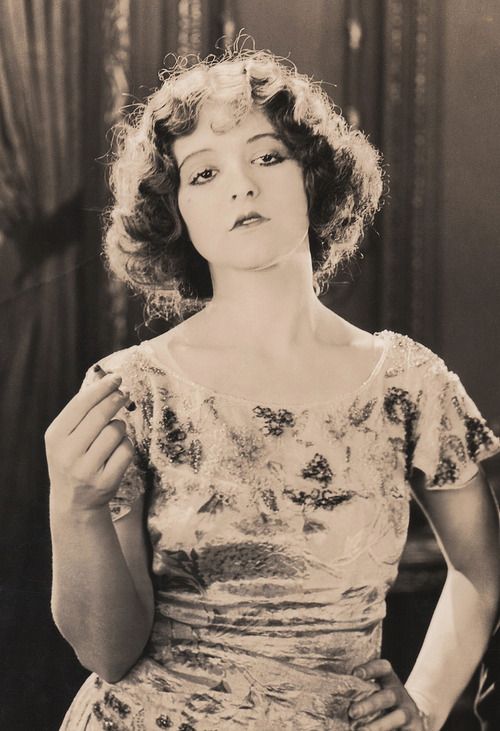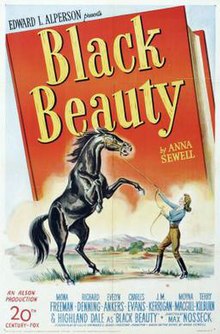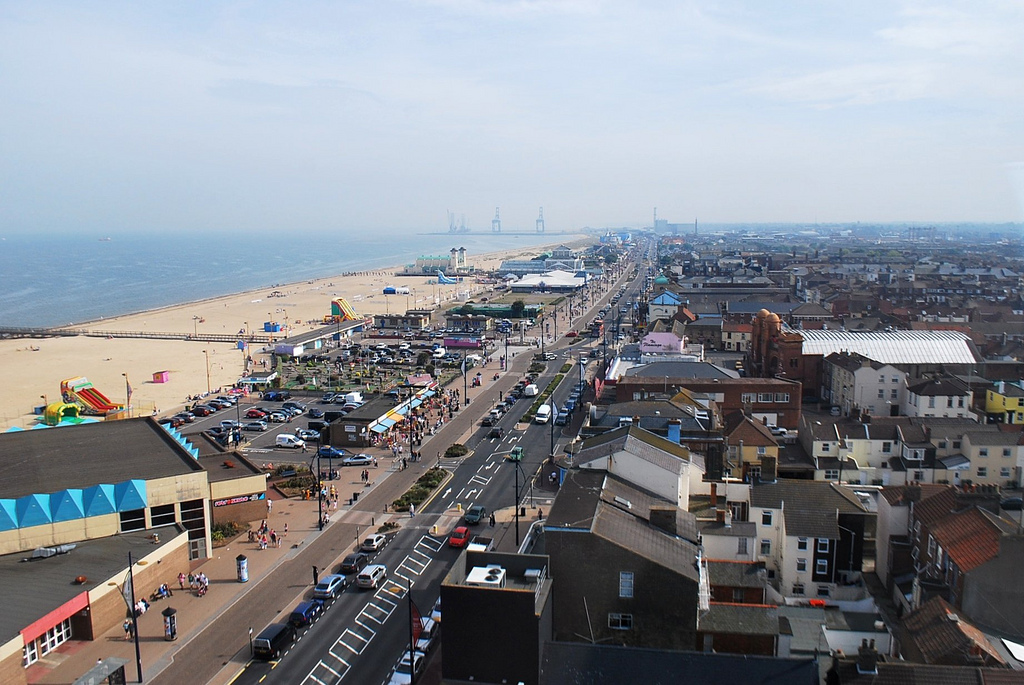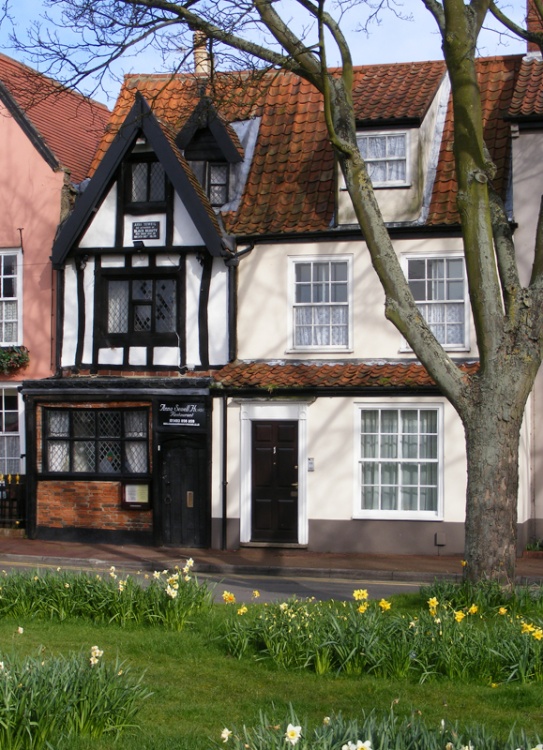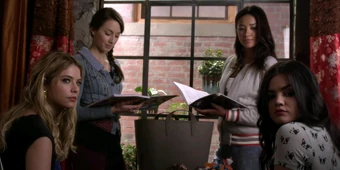Uploading pictures from the phone. I'm not expert at it yet.
This is, I'm thinking, one of the more currently obscure titles we've had come up on this list to date. It's yet another in the parade of American novels of the (19)20s, but it belongs to that part of the 20s that is perhaps especially forgotten now. Gertrude Atherton seems to have been a pretty popular author at the time, but she pre-dated the Lost Generation with whom that decade is largely associated now by 30-40 years. She was the same age as Theodore Roosevelt, four years older than Edith Wharton (whose old New York aristocrats appear to be the same crowd Atherton is writing about at an even later point of their development), she had thirteen years on Theodore Dreiser, who was practically considered a fossil himself at the time, 27 on Sinclair Lewis, and 41 on Hemingway. While I found a lot in this worth taking notes/commenting on, it's probably one of my least favorite so far of these IWE books. I didn't dislike it, but the main characters, who are supposed to be so brilliant, as well as the more distinguished of their companions, I found rather flat, and their dialogue tedious, which brought down the book as a whole. The IWE intro states that it "is no work of art but its characters are interesting." The premise of the story is that a 58 year old woman who had been a great beauty in her youth as well as one of the most sophisticated women in Europe gets some kind of endocrine treatment which rejuvenates her and makes her physically 28 years old again (though she is sterile), but still with her 58 year old mind, and what results when this circumstance is discovered by the New York society that she has returned to for a brief sojourn to attend to some financial interests. The idea is kind of clever but as often happens the execution does not follow through on the potential with equal cleverness.
I took so many notes on this that I'll need to prune some, but some of the passages from this seemingly lost world, once so prominent in the cultural imagination, are fascinating to me.
p.7 "All New York men of the old regime, no matter what their individuality may have been twenty years earlier, look so much alike as they approach sixty, and more particularly after they have passed it...Their moustaches and what little hair they have left turns the same shade of well-bred white. Their fine old Nordic faces are generally lean and flat of cheek, their expression calm, assured, not always smug."
This author employs the kind of extensive physiological and sartorial description, with very specific class or racial connotations (people have Norman or Saxon or Tyrolean, etc, characteristics rather than "English" or "German") that modern authors have largely dispensed with.
p. 37 "My one temptation to enter Society here would be the hope of forming a relief organization--drive, do you call it?--for the starving children of Austria. Russian children are not the only pitiable objects in Europe, and after all, the children of civilized countries are of more value to the future of the world."
This is not the last direct assertion assuming the superiority of the peoples of Northern European descent.
p. 44 "The whole country has gone crazy over youth. The most astonishingly bad books create a furore because from end-to-end they glorify post-war youth at its worst, and the stage is almost as bad"..."Yes, but they are still behind the European novelists, who find women interesting at any age, and their intelligent readers agree with them." Clavering, the 34 year old newspaper critic/budding playwright, is supposed to be the bright coming man, most eligible bachelor in New York Society character. He is in fact more than a bit of a stuffed shirt.
One does get a nice dose of the charm of old New York, especially early in the book, such as the Madison Square scene (pp. 31-33), the leafy, lamplit, almost clean (by the standards of my lifetime) streets. "A light fall of snow lay on the grass and benches, the statues and trees of the Square. Motors were flashing and honking below and over on Fifth Avenue...Black masses were pouring toward the subways. Life!...The arcade of Madison Square Garden was already packed with men and he knew that a triple line reached down Twenty-Sixth Street to Fourth Avenue. There was to be a prize fight tonight and the men had stood there since noon, buying apples and peanuts from peddlers." and etc.
Antique book barns and large multilevel stores that didn't do a lot of curating used to have walls of forgotten books from the 20s with covers like these. I think this is the first one of the type I have actually owned and read.
p. 65 Still rattling on about the rival post World War I/Lost Generation novels. "More clichés. The world was rotten to the core and the human race so filthy the wonder was that any writer would handle it with tongs. But they plunged to their necks...There had been reactions after the Civil war, but on a higher plane. The population had not been maculated by inferior races."
p.78 "After all, it had been a middle-aged man's war. Not a single military reputation had been made by any one of the millions of young fighters, despite promotions, citations, and medals. Statesmen and military men long past their youth would alone be mentioned in history."
p. 89 "Otherwise he was one of the 'black Claverings.' Northumbrian in origin and claiming descent from the Bretwaldes, overlords of Britain, the Claverings were almost as fair as their Anglian ancestors, but once in every two or three generations a completely dark member appeared, resurgence of the ancient Briton; sometimes associated with the high stature of the stronger Nordic race, occasionally--particularly among the women--almost squat." OK. Do the most respectable kinds of white Americans, especially women, still have this mentality for fine, esoteric racial consciousness? I feel like we are supposed to think there is at least some important class of them who do, but if that is the case, it seems like they would find modern society to be completely unendurable, and there is no evidence that this is a common complaint among anyone respectable or well-bred.
p. 91 "Do you think that romance is impossible in New York?' she asked irresistibly." New York has always seemed to me to be one of the few places left where romance is possible at all.
The style of writing is antiquated for its time, and does not feel "of" it. This is a problem that I think has always afflicted me as well. But since the better exemplars of the modernist style have proven so enduring, it was especially noticeable in a writer of the 1920s.
p. 124 "If the flapper should adopt a coat of arms no doubt it would be a cocktail rampant with three cigarettes argent on a field de rouge."
The flapper character is supposed to be a satire and is presented as ridiculous, but the most bearable interludes of the story were when she showed up. I thought the plot was being set up for her to marry the stiff Clavering at the end, or at least clean up her behavior a little, but after one last naughty appearance with about 100 pages left in the book, she never came back.
p. 128 Talking about the "Sophisticates" now--I'm not sure if they are supposed to be based on the Algonquin Round Table crowd or not, but I liked them too. "But their most solemn causeries were upon the vital theme of The American Reputation in Letters." I feel like this was still a big deal in my youth in the 80s. I have the sense that most of the younger generation, not having been brought up or persuaded by anyone to treat the great literatures of Europe with the degree of reverence that once prevailed here, do not view this as a pressing question in the same manner.
p. 132 Comparison of c.1920 New York with, of all places, Vienna. "...this marvelously wealthy and prosperous city where the poor were kept out of sight, at least, where all the men were whole and where one never saw a gaunt woman's appealing eyes, or emaciated ragged children." Really? What would Howard Zinn and his acolytes say to this?
I truly was not anticipating the twist explaining the mystery of the Madame Zattiany character (that she had undergone rejuvenation).
These illustrations are stills from the 1924 silent film of the book, about which I will write more later.
Chapter 28, New York intellectual/arts/theater party, circa 1920. Pretty ridiculous--a lot of self-conscious eccentricity and zany antics, though the women I found kind of appealing. Suzan Forbes?
"Miss Forbes was a tiny creature, wholly feminine in appearance...her really brilliant and initiative mind...Miss Forbes was not pretty, but she had an expressive original little face and her manners were charming...It was doubtful if she had ever been aggressive in manner or rude in her life; although she never hesitated to give utterance to the extremest of her opinions or to maintain them to the bitter end...She lit a cigarette as the music finished and pinched it into a holder nearly as long as her face. But even smoking never interfered with her pleasant, rather deprecatory, smile"...etc.
This arts scene of course is entirely white, but it's also (seemingly) entirely gentile white, which besides being unfathomable in any era pretty much after this one probably accounts for the un-self-conscious goofiness, which I don't think characters in circles like this have anymore.
p. 167 "I was very beautiful, I entertained magnificently, I was called the best-dressed woman in Paris, I was besieged by men--men who were a good deal more difficult to manage than chivalrous Americans, particularly as I was now married and the natural prey of the hunter...I learned to play the subtle and absorbing game of men and women as it is played to perfection in the older civilizations." Madame Zattiany. I admit I find people like this a little hard to take.
p. 174 Madame Zattiany again: "I thought that...I had lived too much and too hard, that my memory was overburdened and my sense of the futility and meaninglessness of life too overwhelming. (LOL emoji here)
p. 180 If rejuvenation such as Madame Zattiany's were to become widespread: "The threat of overpopulation--for man's architectonic powers were restored if not women's; to say nothing of his prolonged sojourn--would at last rouse the law-makers to the imperious necessity of eugenics, birth control, sterilization of the unfit, and the expulsion of undesirable races." The thought of eugenics frequently burst through the surface of many an WASP upper class mind in this era.
p. 213 "...he wondered if any woman, save in brief moments, could rival the ecstasy of mental creation. That rotten spot in the brain, dislocation of particles, whatever it was that enabled a few men to do what the countless millions never dreamed of attempting, or attempt only to fail, was, through its very abnormality, productive of a higher and more sustained delight, a more complete annihilation of prosaic life, than any mere function bestowed on all men alike." My God Clavering. What a stiff you are.
The literary world as depicted in this book would indicate that women were quite prominent in it at this time as writers, as I have noted before on this site, looking at the awarding of major prizes, best-seller lists and the like. There was a major shift in the 1940s and 1950s coinciding, in my opinion, with the arrival in the United States from Europe of so many deeply, almost severely learned intellectual refugees who exerted such a great influence, particularly through the universities, over what was to be considered worthwhile literature over the ensuing half-century, that had as one effect the downgrading or sidelining of much of the kind of women's writing that had garnered some recognition in the 20s. Having read some of those books for this list I wouldn't say that in most instances this downgrading or forgetting was not to some extent merited in individual cases, but I think a lot of people have the idea that women were entirely excluded from major writing and publishing opportunities before very recent times, and that does not appear to be quite true, especially during the 1910-1940 or so period, at least in the United States.
p. 230 "The world is equally astonished--and resentful--at every new discovery, but in a short time accepts it as a commonplace. The layman resents all new ideas, but the adjustment of the human mind to the inevitable is common even among savages." Is it so? I have the impression that many primitive (so-called) societies withered and died when exposed to modernity.

p. 299 "...I am not a victim of that ancient myth that two people who love each other can be happy anywhere. Environment is half the battle--for the super-civilized, at all events."
p. 301 "And there was no doubt that if you were on top, a personality, New York was the most enchanting place in the world to live in, just as it must be the most unsatisfactory for the poor and insignificant." L.O.L.
p. 315 Prince Hohenhauer, Madame Zattiany's longtime old lover, turns up in America. "He was as straight and thin as ever, his fine head erect, without haughtiness; his dark eyes under their heavy lids had the same eagle glance. he was still, she concluded dispassionately, the handsomest man she had ever seen, even for an Austrian, the handsomest race on earth..." I went on a bit of a rant as this point--I've had enough of this superior prince who is going to rule Austria, save it, make it a great and powerful republic, etc. Hasn't this guy's class just overseen the most disastrous war in human history that killed millions and brought down most of the ancient governments and ruling families in Europe? It was when they started complaining about/ridiculing the décor in a hotel in a small town in the Adirondacks that I lost it.
p. 346 "If we had met in Vienna it would never have claimed me at all. In New York one may be serious in the romantic manner when one is temporarily free from care, but seriousness is of another and a portentous quality over there." O.K., but we can concede that New York is in fact a highly romantic city after all. It is one tangible regret of mine to have never had a New York romance. I can imagine it so vividly.
As noted above, this book almost immediately inspired a movie version, 58 minutes of which can be seen on various channels on YouTube, the Eastman restoration (which is only the first 22 minutes though) being the highest quality one I have found. The final reel of the movie is apparently missing, and no one alive that we know of--not Martin Scorcese, not Peter Bogdanovich, not anyone--has seen it. The most recognizable star of this movie to most people today would be, I assume, Clara Bow, who played Janet the flapper--like me, the filmmakers recognized that this was the liveliest character in the story, and she really is pretty sexy, her eyes especially are more than usually expressive and kind of mesmerizing. Madame Zattiany was played by Corinne Griffith, whom I had never heard of, though she was really beautiful and had a substantial career in the silent era, though only around 10 of the 58 films she made have survived--she strikes me as having been somewhat comparable to Gene Tierney in the way she is written about. She was later married to Washington Redskins owner George Preston Marshall, now notorious for his racism, and is credited with writing the lyrics to the team's celebrated fight song, "Hail to the Redskins" which is still played by the team band after every touchdown. Conway Tearle is an appropriately stiff Clavering. Alan Hale, Sr, who played Little John in the 1938 classic Robin Hood (and was the father of the skipper on Gilligan's Island) played Hohenhauer, but I assume most of his screen time comes in the lost final reel, for in the extant part he is only shown for about 5 seconds embarking from his ship onto American soil. The photo at the top of the page as well as the one directly above this paragraph at Dinwiddie's mountain lodge also evidently depict some of the lost parts of the movie, since I did not see these in the sections available online. The part of the film that I could see I thought was pretty good, even though it is difficult to watch a silent movie without music and the quality of the non-restored portion was not great. I'm always quite fascinated by film versions of books I have read that came out almost contemporaneously with the books (though this one was never remade later), I feel that they are always much closer to the spirit of the original story. The sets in this were not as lavish as I imagined the rooms and houses in the book to be, but we are still in the infancy of film history.
The New and Improved Bourgeois Surrender Challenge
I did finally those long-contemplated tweaks to the system, and they did produce quite a few more competitors that are somewhat mass market, though the quality of the finalists does not look incredible. We will see how the tournament plays out however.
1. Robert Munsch--I Love You Forever.....................................................................10,060
2. The Ghost & Mrs Muir (movie-1947)...............................................................…..1,916
3. Philippa Gregory--The Last Tudor..........................................................................1,222
4. Dream Theater--The Astonishing (music album)................................................….1,221
5. Bill Bryson--The Body.............................................................................................1,184
6. Yangsze Choo--The Ghost Bride...........................................................................….798
7. Danielle Steel--A Good Woman...........................................................................…...633
8. Dream Theater--Distance Over Time (music album)..........................................…...620
9. Elizabeth Lev--The Tigress of Forli...........................................................................286
10. W. Michael Gear--People of the Wolf..................................................................….244
11. Linda Yellin--What Nora Knew............................................................................…130
12. W. Michael & Kathleen Gear--Sun Born...............................................................….93
13. Joanna Shupe--The Harlot Countess.....................................................................…..93
14. Maroon 5--"Memories" (song)...........................................................................…….65
15. Catherine the Great (TV-2019)..............................................................................….64
16. Catherine Chung--The Tenth Muse.....................................................................…….51
17. Lauren Slater--Lying: A Metaphorical Memoir...........................................................51
Play-in game still needed with the tie for 16th place.
#17 Slater over #16 Chung
Probably would have chosen Slater here anyway, but she is a bonus competitor here.
1st Round
#17 Slater over #1 Munsch
The Munsch book is a children's book.
#2 Ghost & Mrs Muir over #15 Catherine the Great
#3 Gregory over #14 Maroon 5
#13 Shupe over #4 Dream Theater
#5 Bryson over #12 Gears
Bryson is a past winner of the contest and while the extent of his success is puzzling to me, he is tolerably light reading late at night. Also I really do not like modern genre books at all.
#11 Yellin over #6 Choo
A tight call. Yellin is listed in the category of "Women's Divorce Fiction", which still appeal to me more than "Ghost Fiction", all else being equal.
#10 Gear over #7 Steele
#9 Lev over #8 Dream Theater
Clara Bow, you are a fox.
Quarterfinals
#17 Slater over #2 Ghost & Mrs Muir
Because books have to win. I am going to watch this movie though.
#13 Shupe over #3 Gregory
Shupe has an upset to use.
#11 Yellin over #5 Bryson
So does Yellin.
#10 Gear over #9 Lev
All of the upsets have been used up. But are there any decent books left?
Semifinals
#17 Slater over #10 Gear
It's a lot shorter.
#11 Yellin over #13 Shupe
Shupe looks basically to be almost a Harlequin romance.
Championship
#17 Slater over #11 Yellin
Either would have been OK I guess. Slater's book has the Penguin imprimatur, which makes it look more serious, though the Yellin looks a little more fun. I'm so far behind on the Challenge books, who knows when I will get there anyway.
Gertrude Atherton in her younger days.








